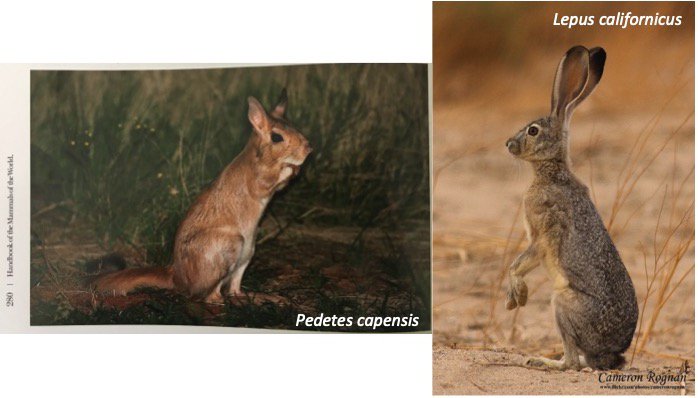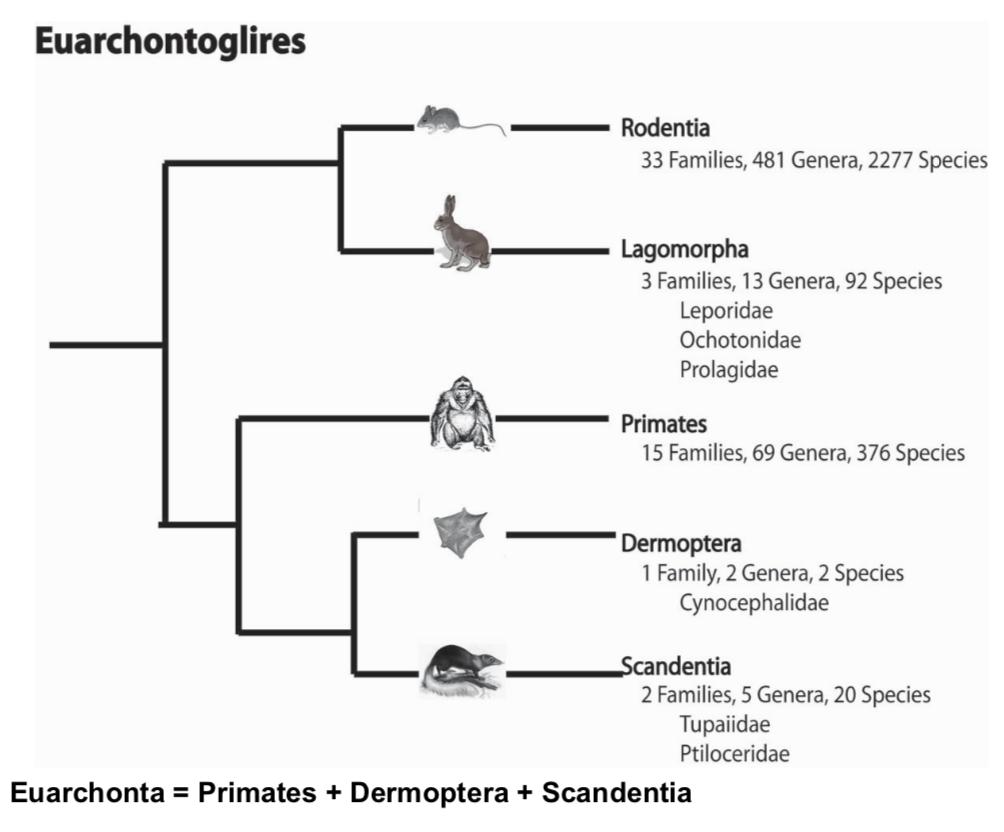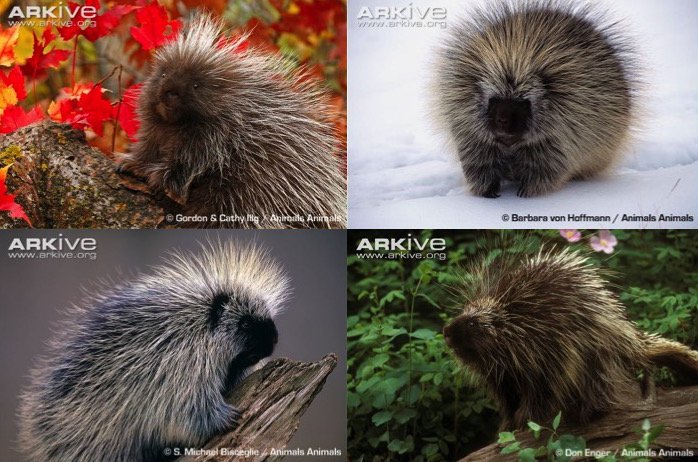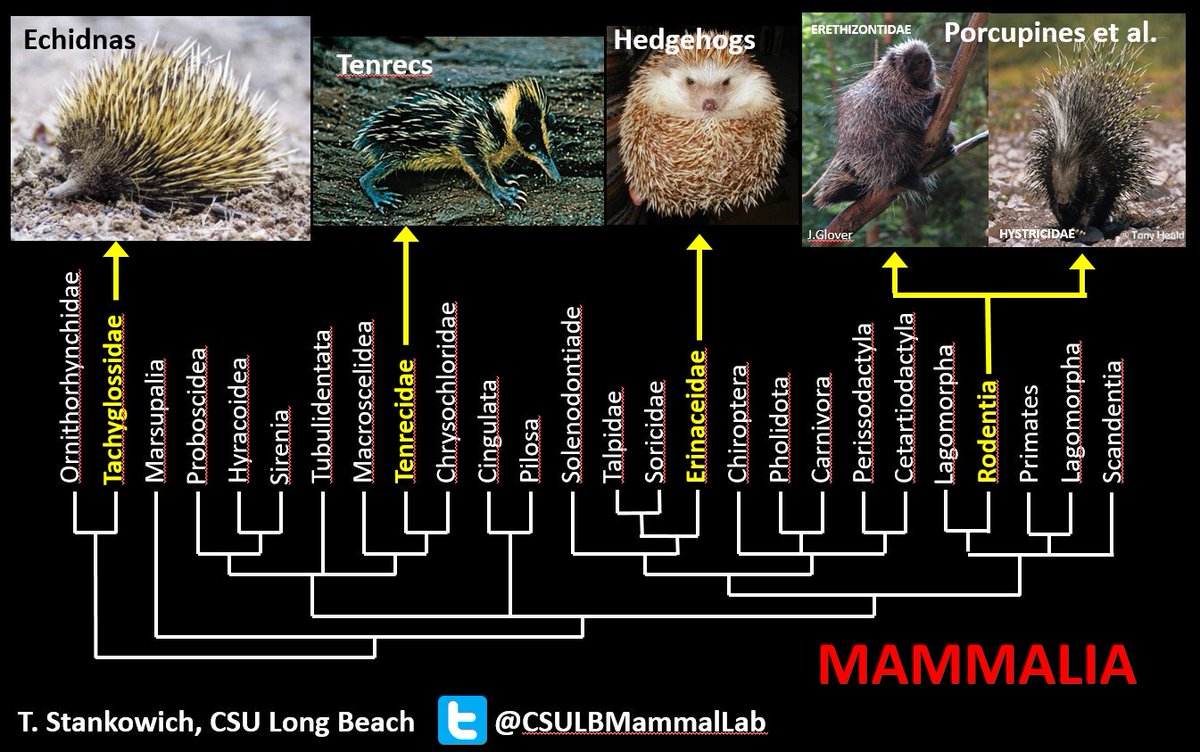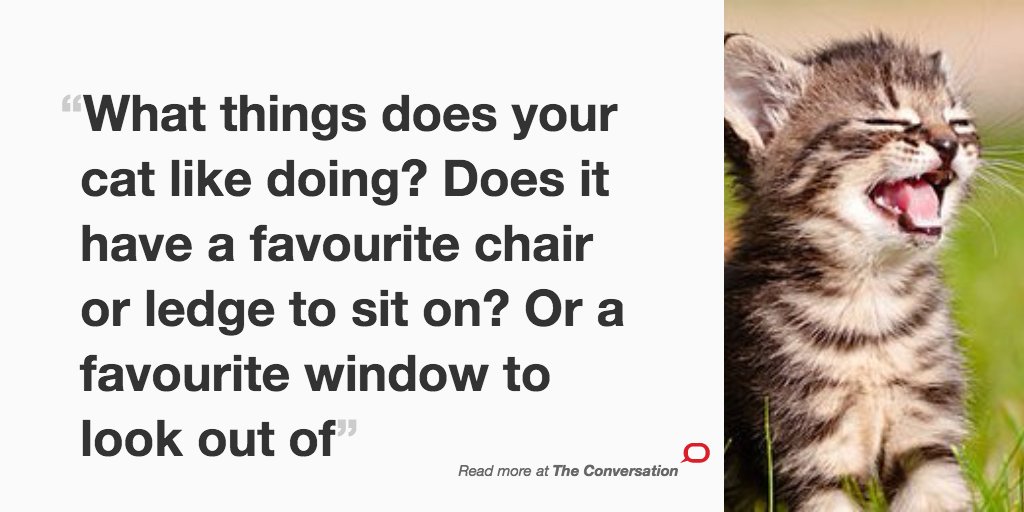wrote "only that which can be measured can be changed." And right now, all across the social sciences, and neurosciences too, every tiny thing that is frustrating you in politics and society is being measured. 15/18
Keep Current with David McRaney
This Thread may be Removed Anytime!
Twitter may remove this content at anytime, convert it as a PDF, save and print for later use!

1) Follow Thread Reader App on Twitter so you can easily mention us!
2) Go to a Twitter thread (series of Tweets by the same owner) and mention us with a keyword "unroll"
@threadreaderapp unroll
You can practice here first or read more on our help page!
